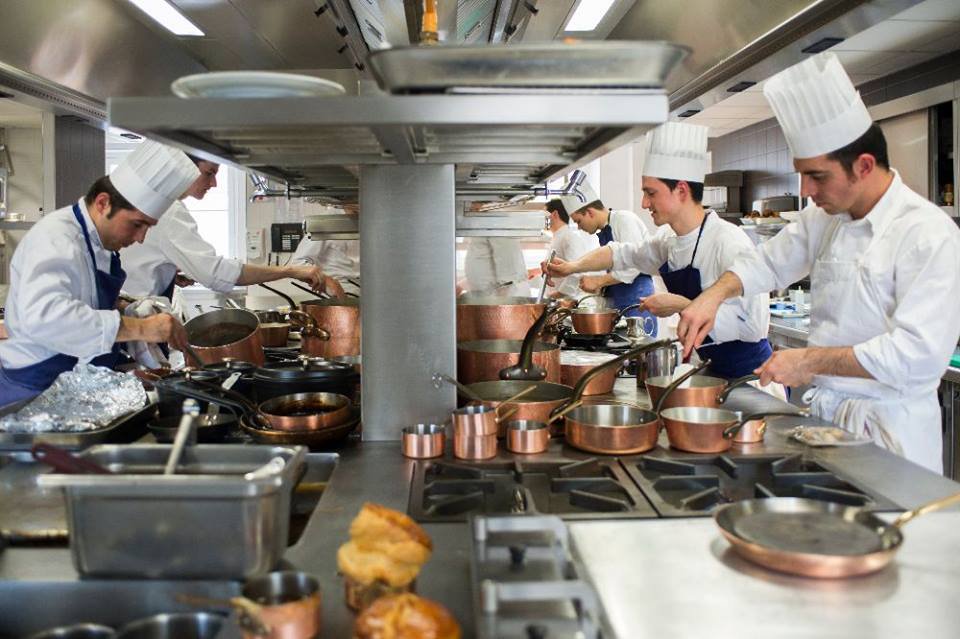In the case of commercial kitchens, best practices for Fire Watch Services include adhering to all fire safety requirements governing the inspection, testing, and maintenance of your kitchen fire suppression system. It’s also crucial to remain up to date on the rules governing your fire alarms and emergency lights.
As a backup, have portable fire extinguishers on hand. Both the NFPA 96 and the NFPA 10 Standard for Portable Fire Extinguishers require portable fire extinguishers. While Class K fire extinguishers are required in commercial kitchens for fires involving grease, fats, and oils that burn at high temperatures, keeping Class ABC extinguishers on hand is also a smart idea for different kinds of fires (paper, wood, plastic, electrical, etc.). Every month, all fire extinguishers should be examined, and they should be inspected and recertified every year.
Inspect and test the fire suppression system in your kitchen. Fire suppression systems in kitchens are typically highly successful in putting out flames. They can, however, fail owing to a lack of upkeep. This is why having them examined and checked on a regular basis is so important. The NFPA 17A Standard for Wet Chemical Extinguishing Systems has these standards.
Your fire alarms should be inspected and tested on a regular basis. When a fire breaks out, fire alarms can immediately alert people, allowing them more time to flee and first responders more time to assess the situation. This can aid in the reduction of fire damage. The NFPA 72 National Fire Alarm and Signaling Code mandates weekly and monthly visual inspections and functional testing of fire alarms at a frequency set by your local jurisdiction to guarantee they will operate when you need them. Here’s where Koorsen goes into greater detail on what these criteria involve.
Exit and emergency lighting should be tested. Electrical power may be lost in the case of a fire, which is why you should test your emergency and exit lighting on a regular basis. If the power goes out during an emergency, properly working emergency lighting is critical to guarantee that your people can make their way to safety.
All emergency and exit lighting systems must be inspected regularly and tested annually, according to the NFPA 101 Life Safety Code.
In industrial kitchens, cleanliness and excellent housekeeping may greatly minimize the danger of fire. According to NFPA data, 22 percent of commercial kitchen fires occur each year as a result of a failure to clean.
also read: fire safety training
Keep your kitchen clean on a regular basis. This is one of the most basic yet crucial kitchen best practices you can adopt. A single spark can ignite built-up grease, posing a fire threat that may be avoided with proper housekeeping. Staff should clean walls, work surfaces, ranges, fryers, broilers, grills, and convection ovens, as well as any vents and filters, on a regular basis to eliminate grease. Grease traps must also be cleaned on a regular basis to avoid overflowing and causing a fire. Use checklists to ensure that cleaning tasks are performed on a daily, weekly, and monthly basis.
For proper safety of your kitchen and other parts of home from fire, hire Fire Watch Guards.
